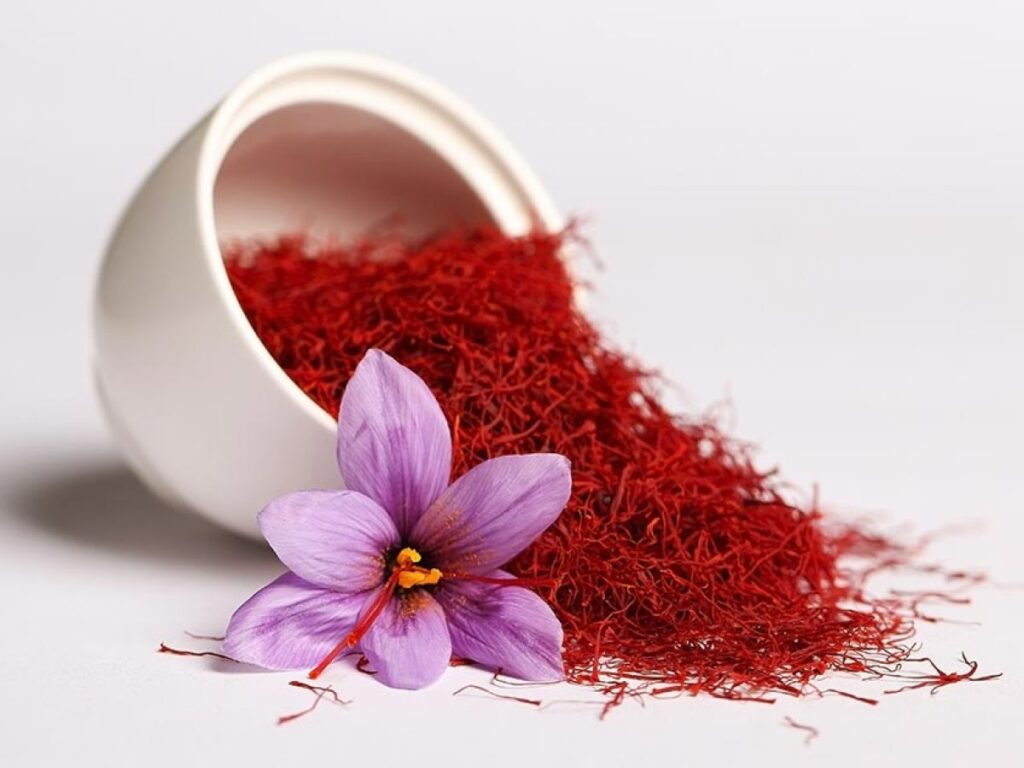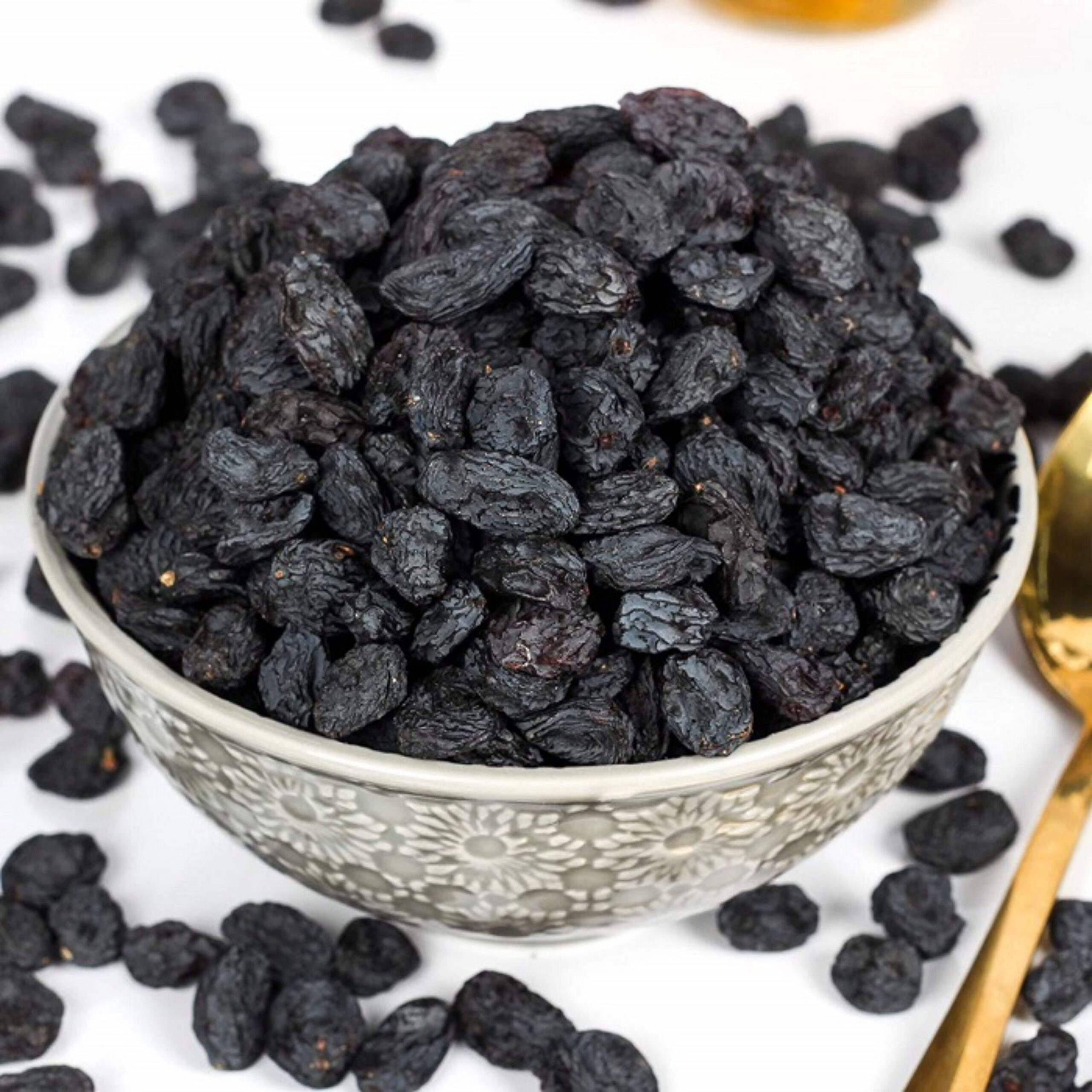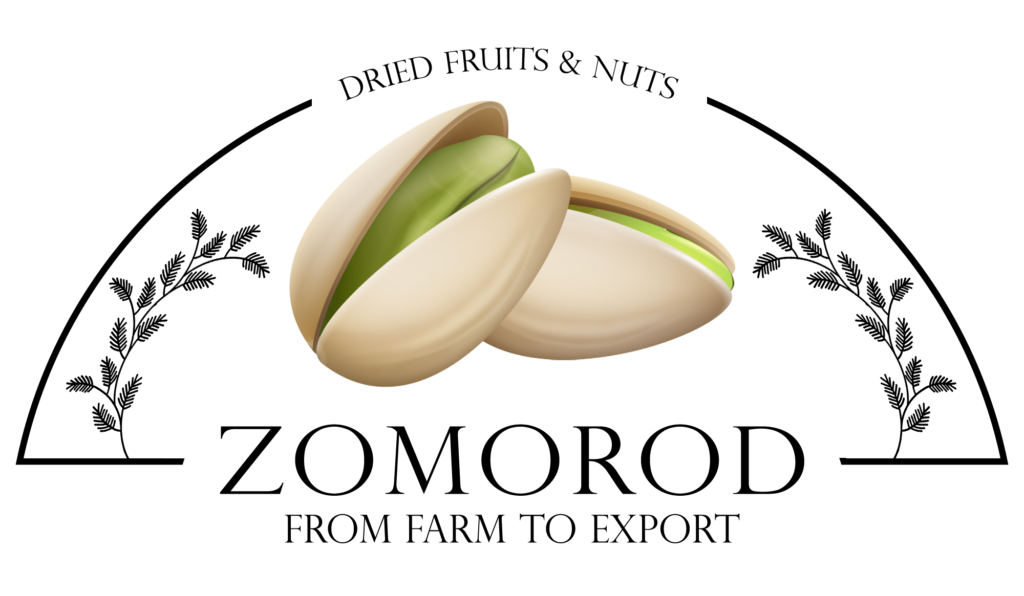Saffron, this valuable red gold, has held a special place in both traditional and modern medicine since ancient times due to its extraordinary medicinal and therapeutic properties. The unique compounds in this spice have made it a trusted remedy for treating and preventing numerous physical and psychological issues. In this article, we delve into the therapeutic properties of saffron, exploring everything from its impact on mood to its benefits for skin health.
Improving Mood and Reducing Stress
Saffron is recognized as a natural antidepressant. This plant contains active compounds such as crocin and safranal, which boost the production of serotonin (the happiness hormone) in the brain. Consequently, consuming saffron can help reduce stress, anxiety, and even mild depression.
- Note: Studies have shown that a small daily intake of saffron can result in a significant improvement in mood.
Keywords: natural antidepressant, stress reduction, mood improvement, crocin
2. Strengthening the Immune System
Saffron is rich in antioxidants that protect the body’s cells from damage caused by free radicals. This property helps to strengthen the immune system and prevent chronic diseases.
- Note: Incorporating saffron into foods or warm beverages can help boost the body’s energy.
Keywords: antioxidant, immune system enhancement, disease prevention
3.Anti-inflammatory Properties and Pain Relief
Due to its anti-inflammatory properties, saffron is effective in reducing pain and inflammation. This attribute is especially significant in alleviating menstrual cramps, joint pain, and muscle aches.
- Note: You can consume saffron as an infusion to experience its anti-inflammatory effects.
Keywords: anti-inflammatory, pain relief, menstrual pain, joint pain
4. Skin Health and Beauty
Saffron is used as a natural ingredient to maintain skin beauty and health. This spice, enriched with vitamin C and other nourishing compounds, helps brighten the skin, reduce dark spots, and retain skin moisture.
- Usage:
- You can apply a mixture of saffron and honey as a mask on your skin to achieve a brighter and smoother complexion.
- Incorporating saffron into your diet also has a positive effect on skin beauty.
Keywords: skin health, skin brightening, saffron mask, vitamin C
5. Improving Digestive Function
Thanks to its antispasmodic property, saffron can help improve digestive function. Using this spice in meals can reduce issues such as bloating, stomach pain, and difficult digestion.
- Note: A cup of saffron tea after a meal can promote better digestion and soothe the stomach.
Keywords: digestive system, saffron tea, better digestion, reduced bloating
6. Improving Sleep Quality
Saffron can have a positive impact on sleep quality. The compounds in this plant help relax muscles and reduce stress, resulting in a more restful sleep.
- Usage: Before bedtime, drink some warm milk with saffron to benefit from its calming properties.
Keywords: sleep quality, stress reduction, saffron milk, muscle relaxation
7. Regulating Menstrual Cycle and Enhancing Fertility
Historically, saffron has been recognized as an effective herb for regulating the menstrual cycle and reducing menstrual pain. Additionally, regular consumption of saffron can help improve fertility, especially in women.
Keywords: menstrual regulation, fertility improvement, menstrual pain
How to Consume Saffron?
- Saffron can be consumed as an infusion, accompanied by tea or milk.
- Using saffron in dishes such as rice, desserts, and pastries not only imparts an exceptional flavor and color, but also adds its therapeutic benefits to your food.
Conclusion
Saffron, this valuable red gold, is more than just a simple spice. Its diverse therapeutic properties—from improving mood and reducing stress to maintaining skin health and boosting the immune system—make it one of the most beneficial natural substances for the health of both body and mind. Adding saffron to your daily diet not only helps improve the quality of your life, but also allows you to reap its amazing benefits.





